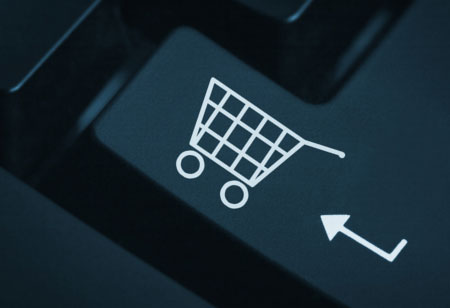THANK YOU FOR SUBSCRIBING
Intelligent Clinician is no more Science Fiction! AI is Transforming the Healthcare Sector
AI apps promote healthier individual behavior and assist proactively manage a healthy lifestyle. It controls the health and well-being of consumers.

By
Apac CIOOutlook | Tuesday, June 25, 2019
Stay ahead of the industry with exclusive feature stories on the top companies, expert insights and the latest news delivered straight to your inbox. Subscribe today.
AI apps promote healthier individual behavior and assist proactively manage a healthy lifestyle. It controls the health and well-being of consumers.
FREMONT, CA: Without encountering two pixilated vowels that together reflect the hopes and fears of a sector seeking smarter alternatives, it is difficult to read about the future of healthcare. Artificial Intelligence (AI) holds the pride of producing valuable contributions to medical practices. The hype of machine-based teaching has only lately started to merge with reality. Today, AI is shorthand, for any job that a computer can execute just as well as humans and even better than humans.
An AI version referred to as "deep learning," in which software learns to identify patterns in different layers. This mechanism is becoming more and more helpful in healthcare. These unique visual tools keep the promise of reshaping diagnostic medicine and can even search the individual cell level for cancer. The best way to comprehend prospective healthcare use of AI is to divide their apps into distinct classifications such as algorithmic alternatives, visual tools, and medical practice. The most frequently used "AI" apps in healthcare today are algorithmic: evidence-based approaches that scientists and clinicians are programmings. When humans incorporate known data into algorithms, machines can extract and apply information to an issue.
Visual pattern recognition software is predicted to be 5 to 10 percent more precise than the average physician, which can store and compare tens of thousands of pictures while using the same heuristic methods as individuals. As machines become more robust and approach to deep learning gain traction, such diagnostic areas will continue to progress.
Startups and tech companies have jumped all onboarding the AI hype wagon, promising a host of excellent unique alternatives for the elderly from nurse-bots to "Ainsurance" (AI-powered insurance) to AI wearables. The role of the physician will keep changing without question in the future. Entrepreneurs and enterprises will continue to invest in AI applications. ML has the potential to take medicine far beyond what it can do today.





